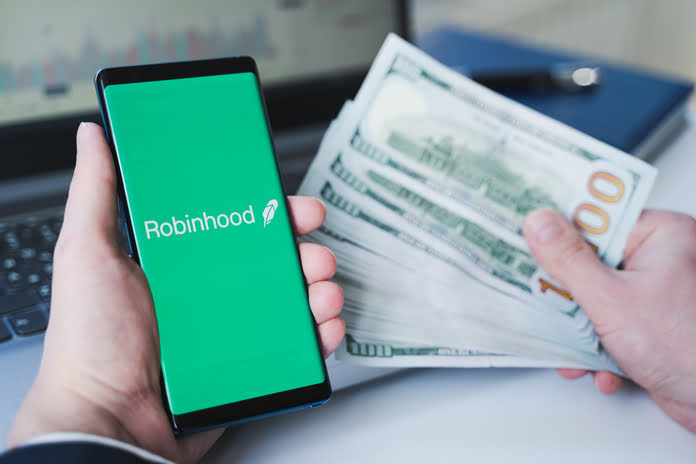Tuesday, Robinhood Markets (NASDAQ:HOOD) revealed it was laying off over a quarter of its workforce, the latest cost-cutting measure by the financial trading app to adapt to a shifting market climate. Fintech, which became popular during the meme-stock frenzy and went public with much fanfare in July, announced a 23 % reduction in its workforce. According to a business blog post, the majority of the layoffs will affect the operations, marketing, and program management departments. The announcement, however, noted that personnel from all segments will be affected. After reducing its full-time workforce by 9% at the end of April, HOOD has taken this cost-cutting measure. This decision was made due to growth concerns.
Since then, the macro environment has worsened due to consistently rising inflation and a broad market decline in risk assets, particularly cryptocurrencies. As a result, we are working with more personnel than is necessary, stated CEO Vlad Tenev in a blog post. To flatten its corporate structure, general managers would be given broad responsibilities for their respective businesses, according to Tenev. Immediately following a Thursday all-hands meeting, every employee will receive an email and a Slack message informing them of their status. HOOD fell almost 2% in Tuesday’s after-hours trading following the disclosure of employment cutbacks. The stock, which debuted at $38 per share, fell 22 cents to $9.01. In 2022, shares have lost about half of their value and are currently trading 76% below their IPO price.
About Robinhood Markets (NASDAQ:HOOD)
Robinhood Markets, Inc. (NASDAQ:HOOD) is an American financial services firm headquartered in Menlo Park, California, that launched in March 2015 a mobile app that permits commission-free trades of stocks, exchange-traded funds, and cryptocurrencies. Robinhood (NASDAQ:HOOD) is a FINRA-regulated broker-dealer, SEC-registered, and a member of the Securities Investor Protection Corporation.
The company derives its money primarily from three sources: interest earned on customers’ cash balances, selling order information to high-frequency traders (a practice for which the SEC started an investigation against the company in September 2020 and margin lending. Robinhood (NASDAQ:HOOD) had 22.8 million funded accounts and 15.9 million monthly active users as of March 2022. Robinhood (NASDAQ:HOOD) rolled out a cryptocurrency wallet to more than 2 million users in April 2022. Vladimir Tenev and Baiju Bhatt, who had previously developed high-frequency trading platforms for New York City financial institutions, created Robinhood (NASDAQ:HOOD) in April 2013. The company’s name derives from its objective to give everyone, not just the wealthy, access to the financial markets. Tenev stated that executing a trade costs brokerages fractions of a penny, yet they routinely charge $5 to $10 each trade in addition to $500 to $5,000 account minimums.
The original offering offered by Robinhood (NASDAQ:HOOD) was commission-free trading of equities and exchange-traded funds. Robinhood (NASDAQ:HOOD) debuted instant deposits in February 2016, crediting users instantly for deposits of up to $1,000; previously, it took three days for deposits to show via ACH transfer. Robinhood (NASDAQ: HOOD) Gold, a premium subscription option that allows up to $50,000 in fast deposits, leverage trading, and additional market insights, was introduced in September 2016. As of February 2017, the company had conducted transactions worth over $30 billion. In August of 2017, the company began providing free stocks for referring new customers
Featured Image: Megapixl @Malirvik






